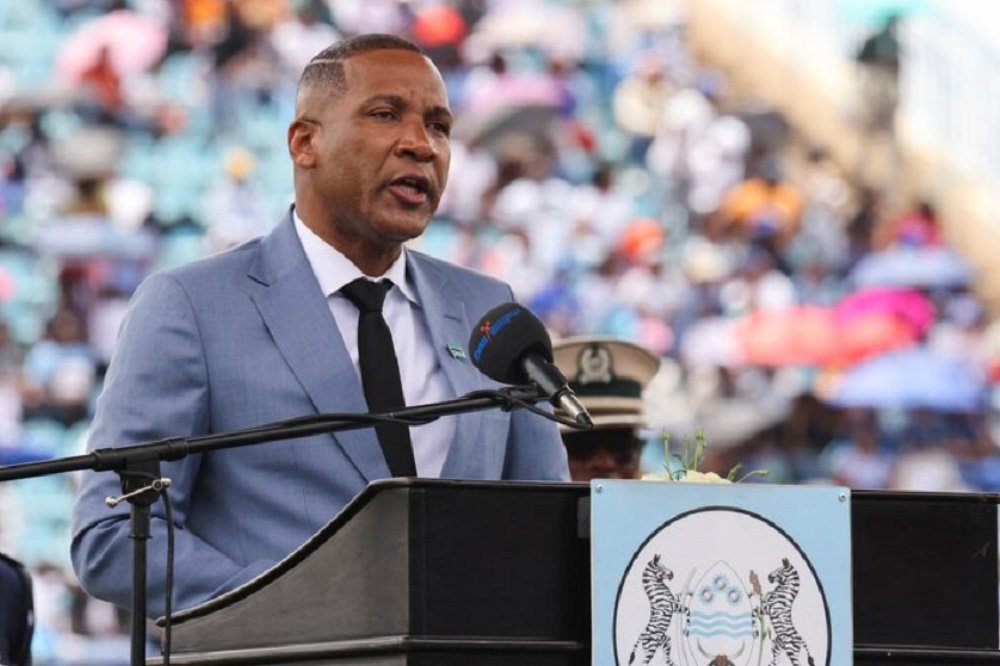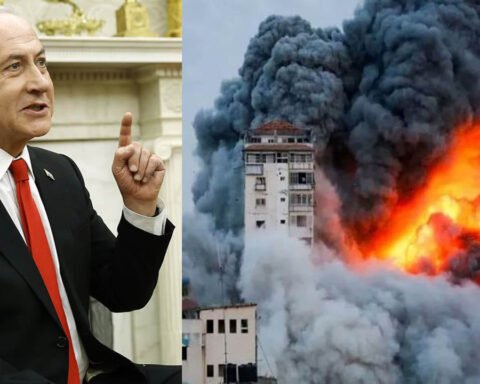Botswana’s President Duma Boko has declared a nationwide public health emergency after the collapse of the country’s medical supply chain triggered severe shortages of essential medicines and hospital supplies.
In a late-night televised address, President Boko described the unfolding situation as “a threat to the health and dignity of our people,” announcing an emergency budget of 250 million pula (US $17.3 million) to restore supplies. He confirmed that the Botswana Defence Force would take over logistics to ensure rural areas, often the hardest to reach, receive urgent deliveries.
Doctors across Botswana have sounded the alarm for weeks. Hospitals have reported dwindling stocks of antibiotics, insulin, and chemotherapy drugs. Even routine items such as gloves and bandages have been rationed. Non-urgent surgeries have been postponed, while patients with chronic illnesses endure long waits for treatment.
A nurse at Princess Marina Hospital in Gaborone, who spoke on condition of anonymity, described the atmosphere as “heartbreaking.” She explained, “We see patients who could be treated but can’t be helped because the medicine isn’t there. It breaks your spirit.”
The crisis has multiple roots. Economically, Botswana’s dependence on diamonds has left it vulnerable to market shocks. A global slump in demand has weakened national revenues, shrinking the health budget. Meanwhile, international donors have scaled back contributions to African health programs, leaving the government with fewer safety nets.
There are also structural issues. Botswana imports most of its medical supplies, leaving hospitals exposed to delays and currency fluctuations. Analysts argue that greater investment in local pharmaceutical production could have mitigated the shock.
This is not the first time Botswana has faced a public health challenge. The country was once at the epicenter of the HIV/AIDS epidemic in the early 2000s, when nearly one in four adults lived with the virus. Then, decisive government action—backed by global partners—turned Botswana into a model for HIV response.
Also Read; Algeria To Champion African Unity At Trade Fair
But the current crisis underscores how fragile those gains can be when systems rely too heavily on external supply chains. Experts warn that without resilience planning, emergencies like this may reappear.
Botswana’s crisis is not isolated. Neighboring nations such as Namibia and Zimbabwe also depend heavily on imported medical supplies. If shortages persist, there is concern that the region could face cross-border pressures, including migration of patients seeking treatment elsewhere.
Global health analysts point out that the emergency also comes at a time when African countries are being urged to strengthen their own supply chain systems, reducing reliance on imports from Europe, India, and China.
President Boko has vowed that relief convoys will reach hospitals within days. But the bigger test lies ahead: rebuilding trust and ensuring that Botswana’s health system becomes resilient against future shocks.
For ordinary citizens, the declaration brings both relief and anxiety. Relief that action is being taken, and anxiety that their lives could still be endangered by a system stretched beyond its limits.







